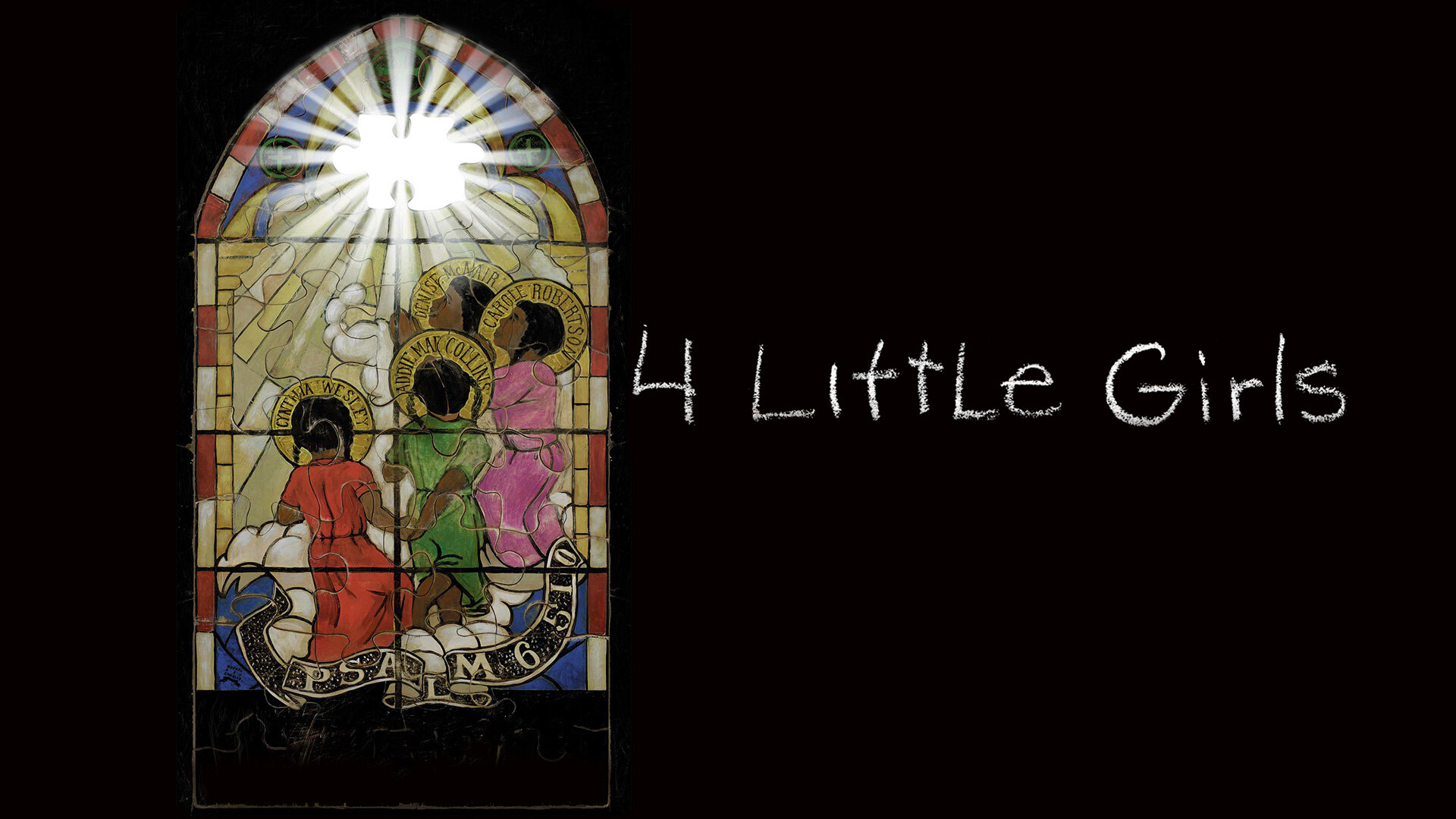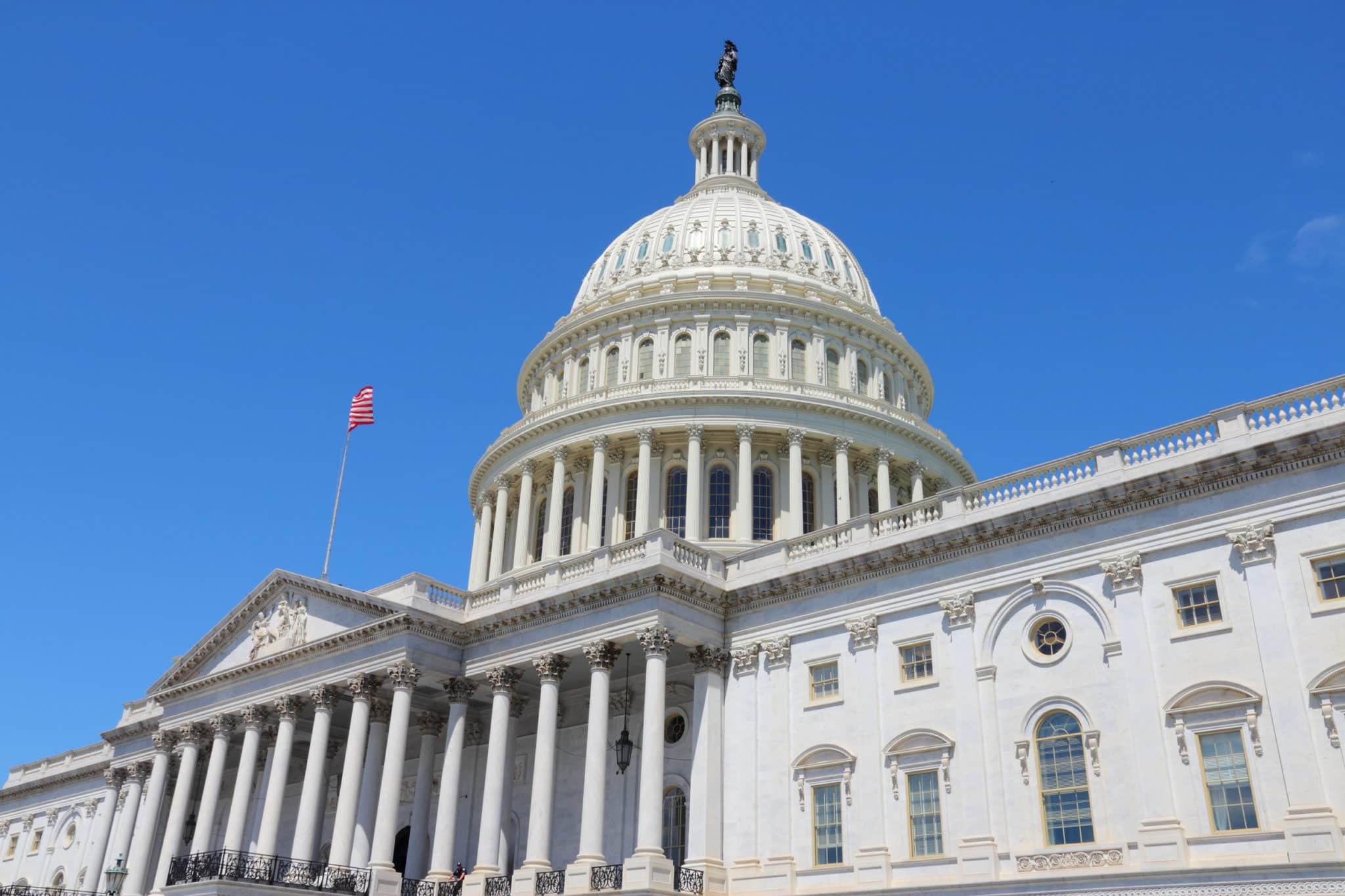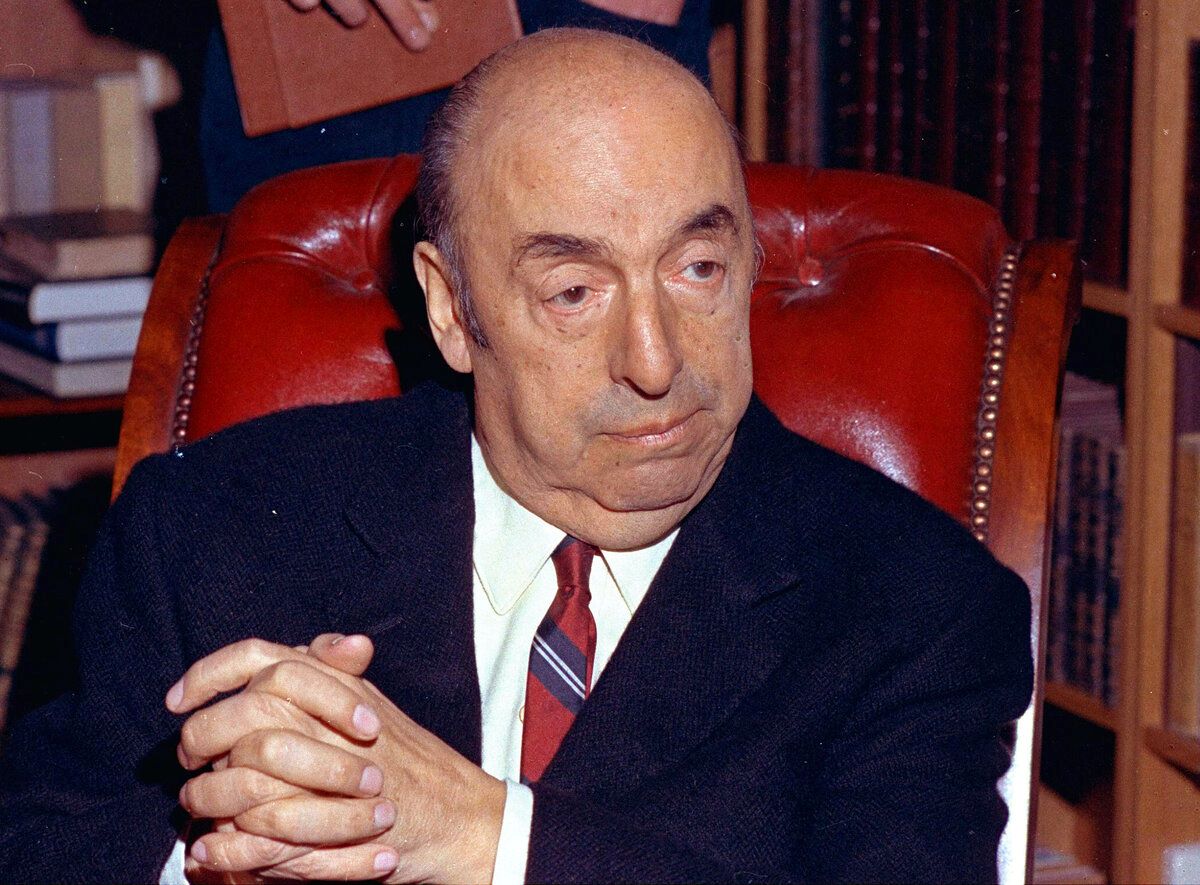
“4 Little Girls” is a powerful and thought-provoking documentary that shines a light on a tragic event in American history. Directed by the acclaimed filmmaker, Spike Lee, this film tells the heartbreaking story of the 16th Street Baptist Church bombing in Birmingham, Alabama, in 1963. This heinous act of racial violence claimed the lives of four young African-American girls – Addie Mae Collins, Denise McNair, Carole Robertson, and Cynthia Wesley. In this article, we will explore 40 fascinating facts about the movie “4 Little Girls” that will deepen your understanding of this profound cinematic work. From the inspiration behind the film’s creation to behind-the-scenes trivia and the impact it had on American society, get ready to delve into the rich history and significance of this extraordinary documentary.
Key Takeaways:
- “4 Little Girls” is a powerful documentary directed by Spike Lee, shedding light on the tragic 1963 church bombing and the ongoing fight for racial equality, inspiring reflection and conversation.
- Spike Lee’s “4 Little Girls” honors the victims and their families, urging viewers to confront the past, work towards justice, and strive for a more inclusive society.
“4 Little Girls” is a documentary film directed by Spike Lee.
The movie focuses on the tragic bombing of the 16th Street Baptist Church in Birmingham, Alabama, in 1963, which resulted in the deaths of four young African American girls.
The film was released in 1997.
It premiered at the Venice Film Festival and received critical acclaim for its powerful storytelling and impactful depiction of racial injustice.
“4 Little Girls” was nominated for an Academy Award for Best Documentary Feature.
The film was recognized for its exceptional documentary filmmaking and its ability to shed light on a significant event in American history.
The documentary includes interviews with family members and friends of the four girls.
These personal accounts provide a touching and emotional insight into the lives of the victims and the impact of their untimely deaths.
“4 Little Girls” explores the racial tensions and civil rights movement of the 1960s.
The film delves deep into the societal divide prevalent during the time period and highlights the importance of unity and social justice.
Spike Lee dedicated the film to the four girls: Addie Mae Collins, Cynthia Wesley, Carole Robertson, and Denise McNair.
The documentary serves as a memorial to these young lives cut short, honoring their memory and reminding audiences of the human cost of racism.
The film features archival footage and photographs from the era.
These historical visuals help to immerse viewers in the time period and provide a deeper understanding of the events that unfolded.
“4 Little Girls” received numerous accolades and awards.
It won the Grand Jury Prize at the 1997 Sundance Film Festival and was named Best Documentary by several prestigious organizations.
The documentary was produced by HBO Films.
HBO’s involvement brought significant visibility and distribution to the film, ensuring its message reached a wide audience.
“4 Little Girls” serves as a poignant reminder of the ongoing struggle for racial equality.
By shining a light on this devastating event from the past, the film encourages dialogue and reflection on the importance of racial harmony in the present.
The film’s release helped reinvigorate efforts to bring the perpetrators of the church bombing to justice.
Several individuals responsible for the attack were eventually convicted and held accountable for their actions.
“4 Little Girls” was praised for its sensitive and respectful portrayal of the victims and their families.
It admirably honors the memory of the four girls, highlighting their innocence and the devastating impact their deaths had on their loved ones.
The documentary includes interviews with civil rights activists and community leaders.
These powerful testimonies provide context and shed light on the broader struggle for equality during that tumultuous time.
The film’s soundtrack features soulful and poignant music from the era.
The songs help create a rich emotional atmosphere, capturing the spirit of the civil rights movement.
“4 Little Girls” sparked conversations about the importance of preserving and learning from history.
The film reminded audiences of the need to confront and address the darker chapters of the country’s past in order to move forward.
The documentary was praised for its meticulous research and attention to detail.
Spike Lee and his team went to great lengths to ensure historical accuracy, enriching the film’s impact and educational value.
“4 Little Girls” premiered on television as an HBO original film.
This allowed for widespread accessibility, reaching millions of viewers across the country.
The documentary served as a catalyst for renewed interest in the civil rights movement.
It prompted discussions and educational initiatives aimed at preserving the legacy of those who fought for justice and equality.
The film’s release coincided with the 34th anniversary of the tragic event.
This timing added poignancy to the documentary’s message and served as a reminder of the lasting impact of racial violence.
“4 Little Girls” is a thought-provoking and emotionally charged documentary that demands attention and reflection.
It is a powerful exploration of a significant event in American history and continues to resonate with audiences today.
The documentary shines a spotlight on systemic racism and the need for continued social change.
It serves as a call to action for individuals and communities to stand against injustice and strive for a more just society.
Spike Lee’s direction in “4 Little Girls” showcases his distinctive storytelling style and visual flair.
His unique perspective and artistic choices contribute to the film’s powerful impact and lasting resonance.
“4 Little Girls” received widespread critical acclaim upon its release.
It was praised for its compelling narrative, expert craftsmanship, and its ability to provoke empathy and emotion in its viewers.
The documentary’s title, “4 Little Girls,” symbolizes the innocence and youth of the victims.
It serves as a potent reminder of the tragic loss of young lives and the ongoing struggle for equality.
The film showcases the strength and resilience of the victims’ families in the face of tragedy.
Their unwavering commitment to seeking justice and honoring the memory of their loved ones is truly inspiring.
The documentary captures the historical significance of the 16th Street Baptist Church.
It highlights the church’s role as a gathering place for the civil rights movement and the impact of its targeted destruction.
“4 Little Girls” features powerful interviews with survivors of the bombing.
Their firsthand accounts provide a chilling and profound insight into the events leading up to the tragedy and its aftermath.
The film’s cinematography effectively captures the emotional intensity of the story.
The camera work and visual composition enhance the film’s impact, allowing viewers to experience the events on a visceral level.
Spike Lee’s passion for social justice shines through in “4 Little Girls.”
The film serves as a testament to his commitment to telling stories that challenge conventions and inspire change.
“4 Little Girls” continues to educate and inspire audiences around the world.
It serves as a reminder of the victims’ enduring legacy and the ongoing fight for equality and justice.
The documentary’s release prompted national conversations on race and the importance of confronting uncomfortable truths.
It challenged viewers to examine their own biases and engage in meaningful dialogue on racial inequality.
“4 Little Girls” emphasizes the importance of unity and solidarity in the face of adversity.
It reminds us of the power of collective action in dismantling systems of oppression.
The film’s narrative structure seamlessly weaves together personal stories, historical context, and impact.
This multi-dimensional approach enhances the audience’s understanding and emotional connection to the events.
“4 Little Girls” highlights the courage and resilience of individuals who stood up against racial injustice.
The bravery of those who risked their lives to fight for equality is depicted throughout the film.
The documentary serves as a call to action, urging viewers to actively work towards creating a more inclusive society.
It challenges us to reflect on our own roles in addressing racial disparities and inequality.
“4 Little Girls” portrays the impact of the church bombing on the local community in Birmingham.
The film emphasizes the ripple effect of violence and the lasting scars left on the community.
The documentary expands beyond the four girls, offering a broader exploration of the Civil Rights Movement.
It contextualizes the church bombing within the larger struggle for equal rights and justice.
The film’s powerful imagery and archival footage transport viewers back to the 1960s.
The visuals help recreate the atmosphere of the time period and enhance the audience’s connection to the story.
“4 Little Girls” serves as a stark reminder of the consequences of racism and the need for constant vigilance against bigotry.
The film urges individuals to actively work towards creating a more equitable and inclusive society.
The legacy of “4 Little Girls” extends far beyond its release.
It continues to inspire and educate future generations, ensuring that the stories of Addie Mae Collins, Cynthia Wesley, Carole Robertson, and Denise McNair are never forgotten.
Overall, “4 Little Girls” is a powerful and important documentary that sheds light on a tragic event in American history. From Spike Lee’s masterful direction to the impactful interviews and archival footage, the film serves as a reminder of the ongoing fight for racial equality and the need to confront the dark chapters of the past. The 40 facts about the movie 4 Little Girls discussed above demonstrate its significance and the lasting impact it has had on audiences. Whether viewing it for the first time or revisiting it, “4 Little Girls” continues to provoke thought, conversation, and reflection on the pursuit of justice and equality.
Conclusion
In conclusion, “4 Little Girls” is a powerful and deeply affecting documentary that sheds light on the tragic events surrounding the 16th Street Baptist Church bombing in 1963. Directed by Spike Lee, this film offers a poignant and heartfelt tribute to the four young girls who lost their lives that fateful day.
The movie not only explores the historical context of racial tensions in Birmingham, Alabama, but also examines the immense impact that these events had on the Civil Rights Movement. Through interviews with survivors, family members, and key figures, “4 Little Girls” captures both the horror of the bombing and the resilience of a community fighting for justice.
With its rich archival footage, powerful storytelling, and compelling interviews, “4 Little Girls” serves as a vital reminder of the ongoing struggle for racial equality. It stands as a testament to the courage and sacrifice of those who fought for justice and serves as a call to action for viewers to continue the fight for equality.
FAQs
Q: Who directed the movie “4 Little Girls”?
A: “4 Little Girls” was directed by Spike Lee.
Q: What is the movie about?
A: The movie revolves around the tragic events of the 16th Street Baptist Church bombing in 1963 and explores the historical context and impact of this event on the Civil Rights Movement.
Q: Are the interviews in the movie real?
A: Yes, the movie features real interviews with survivors, family members, and key figures from the time period, offering genuine insights into the events and their aftermath.
Q: Why is the movie important?
A: “4 Little Girls” is important because it serves as a powerful reminder of the ongoing struggle for racial equality, highlighting the courage and sacrifice of those who fought for justice during the Civil Rights Movement.
Q: Can the movie be watched by all age groups?
A: While the movie deals with sensitive subject matter and may be more suitable for mature audiences, it is an important educational tool that can be watched and discussed with older children and teenagers to promote dialogue about history and social justice.
Was this page helpful?
Our commitment to delivering trustworthy and engaging content is at the heart of what we do. Each fact on our site is contributed by real users like you, bringing a wealth of diverse insights and information. To ensure the highest standards of accuracy and reliability, our dedicated editors meticulously review each submission. This process guarantees that the facts we share are not only fascinating but also credible. Trust in our commitment to quality and authenticity as you explore and learn with us.


